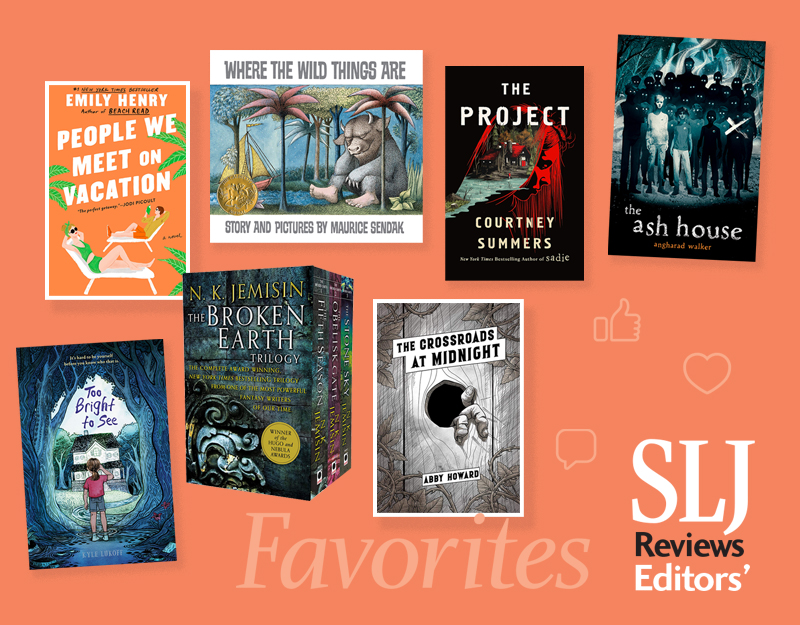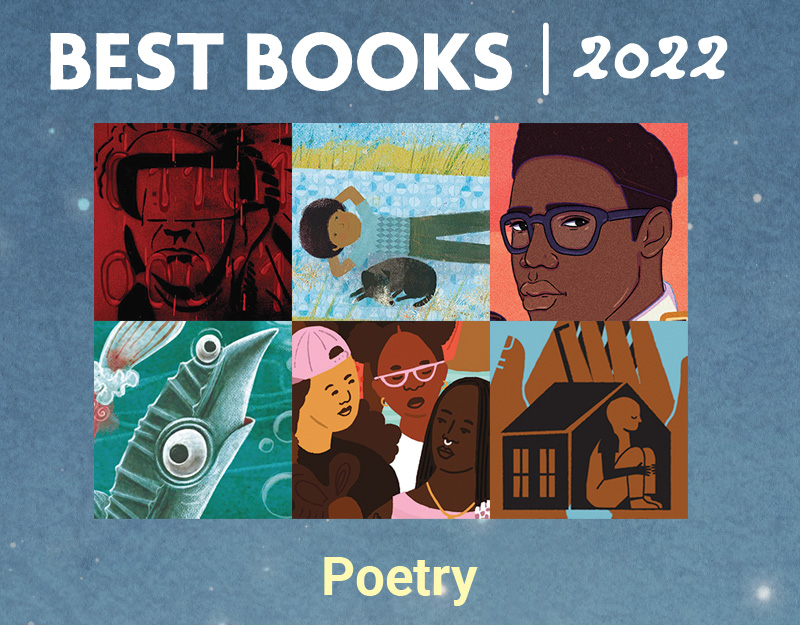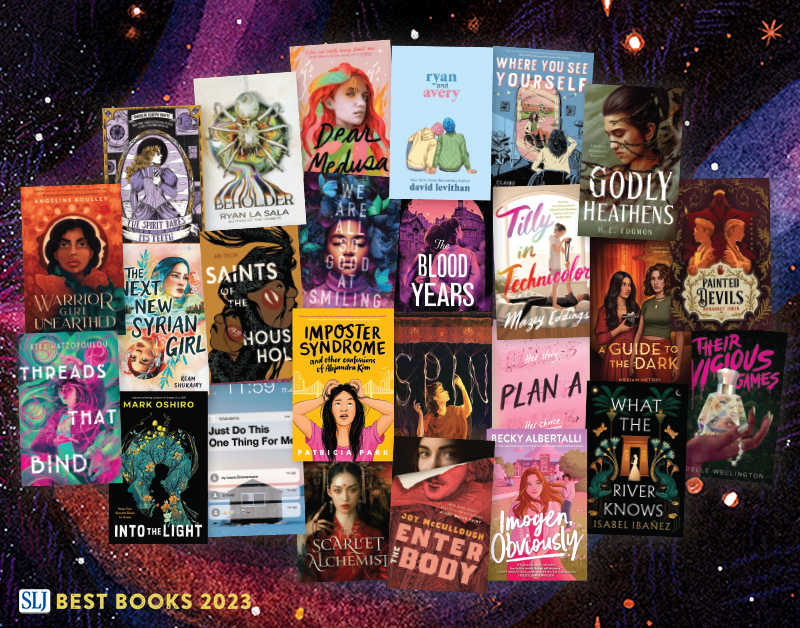We Are the Book Champions, My Friends

Here’s how I blog. I sit around, twiddling my thumbs, waiting waiting waiting for someone else to write something on a topic that has been bubbling and percolating in my noggin. Then, when they go that extra mile, I STRIKE! Today’s example: Travis Jonker’s piece Where Do You Fall On The Book Critic/Book Champion Continuum? A hotsy totsy topic if ever I saw one.
Here’s the long and short of it. Travis distinguishes between people who evaluate books and people who “champion” them on a continuum. By doing so, he acknowledges that they are part and parcel with one another. Two sides of the same coin. Yet some folks refuse to write critical reviews of books, and prefer instead to simply promote the books they think are great. That is a conscious choice. Others would identify entirely with book criticism and find the notion of “championing” an inherently questionable activity. It is this conflict that I’ve thought long and hard about over the last few years.
ADVERTISEMENT
ADVERTISEMENT
For my part, reviewing is the lifeblood of this site. I recently gave a talk in D.C. to the Children’s Book Guild (an organization worthy of a blog post in and of itself) where I discussed many of the ins and outs of reviewership and responsibility. The members had amazing questions about what I do when I’m reviewing a bilingual book and I don’t speak the second language, or what I do when I’m reviewing a piece of historical fiction and I haven’t studied the history in any depth myself. Over and over again it was clear to me that responsibility is the name of the game in reviewing. You are setting yourself up as some kind of expert, telling people why a book is worth their children’s time and energy (let alone their own). As a result, you can’t do it without any forethought.
Then there is the issue of championship. I think it is vitally important to champion books, and not just in reviews. There are a LOT of very good children’s books published in a given year. There are also a ton of mediocre books and a couple outright bad ones. Separating the wheat from the chaff is a large part of championship.
But championship is not without its own responsibilities. I’ve spoken out in the past against that kind of blogging that feels more like an extension of the marketing wing of big publishers than any kind of advocating for the child readers. I’m not separating myself from this. If I get a red beehive wig promoting a book, I’m going to remember that book better than its fellows. Heck, there’s a wooden spoon I got once alongside a copy of Toni Morrison’s Peeny Butter Fudge that makes me think of that book every single time I use it. But when we talk about books on our blogs we have to be careful about what we do. For example, there are folks who are perfectly happy to only promote books from the big five (Macmillan, Penguin Random House, Simon & Schuster, Scholastic, & Little Brown). They make no efforts to seek out and promote books from the smaller houses as well. When you promote only the things that are sent to you for free in the mail, your content is compromised. I say this knowing perfectly well that most of my reviews say that the books I’m reviewing were sent to me by their publishers. What those statements do not make clear is how many of those books I requested from the smaller publishers personally. Of course we don’t all get books from smaller publishers and if every small publisher was inundated with requests from bloggers it would probably cost them a great deal of money. But that’s what your local library is for. That’s what attending conferences like BEA and ALA is all about. That’s what reading Kirkus (the #1 professional review journal of the small press) leads to. You can’t allow yourself to be told what to review by a publisher. No matter how many red beehive wigs they send.
Like I say, championship is important. Without enthusiasm we have no way of getting our kids interested in books. But at the same time we have to examine what we’re promoting. How often do you champion diverse characters? How often diverse authors and illustrators? How often do you talk about a book that was originally published in another country? When people trust your opinions you have sway and power. And with great power . . . well, you get the idea.
So I’m looking at the line that Travis has made. I am a critic first and a champion second, but one cannot exist without the other. If I never wrote a critical review once in a while I’d feel like a fraud. And every critical review I write comes with a price. I like authors and illustrators. I hate conflict. I want everyone to be my friend. But when I have problems with books I want to talk about it with other folks and that sometimes leads to strife with the book creators. I’m no cheerleader. I’m not even a champion. I’m a reviewer. And that’s pretty darn exciting too.
Filed under: Uncategorized
About Betsy Bird
Betsy Bird is currently the Collection Development Manager of the Evanston Public Library system and a former Materials Specialist for New York Public Library. She has served on Newbery, written for Horn Book, and has done other lovely little things that she'd love to tell you about but that she's sure you'd find more interesting to hear of in person. Her opinions are her own and do not reflect those of EPL, SLJ, or any of the other acronyms you might be able to name. Follow her on Twitter: @fuseeight.
ADVERTISEMENT
ADVERTISEMENT
SLJ Blog Network
The Moral Dilemma of THE MONSTER AT THE END OF THIS BOOK
K is in Trouble | Review
Fighting Public School Book Bans with the Civil Rights Act
ADVERTISEMENT








Hear hear for the reviews and championing of books from smaller publishers and those from other countries.
A few months ago I was told by a librarian active in social media that she would be unlikely to purchase a particular highly lauded diverse title (from a smaller publisher) that I was championing because it did not reflect her community. It disturbed me that she not seem to see the need to provide windows as well as mirrors for her patrons. Seems to me that she might look at this differently if those with massive social media followers were to advocate for this book as they do so many others from larger publishers.
Also, in addition to the library, another way to get these wonderful books from smaller presses is to take a risk and …buy them:) When I see rave reviews, I check it out a bit more, and then if it really looks up my alley, just head out and buy it.
This is such a tricky topic, Betsy – I appreciate your thoughtful take on it.
I have taken reviews of books you give here and gone to look them up at the library. (I have access to two) I know that the local library has purchased at least two books on my recommendation after I saw reviews on your site.
Others I have purchased myself. Either directly after your review or after checking out of the library and discovering Yes I really do like it that much.
I have also purchased books you have recommended as teacher/library gifts at the school my kids attend.
I really want that red wig.
“Yet some folks refuse to write critical reviews of books, and prefer instead to simply promote the books they think are great.” This line is exactly what led me to write a blog post entitled “Trust Issues” a couple of years ago. Thank you Betsy for your thoughts on this topic.